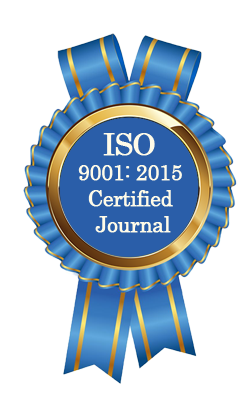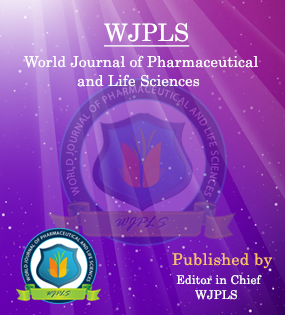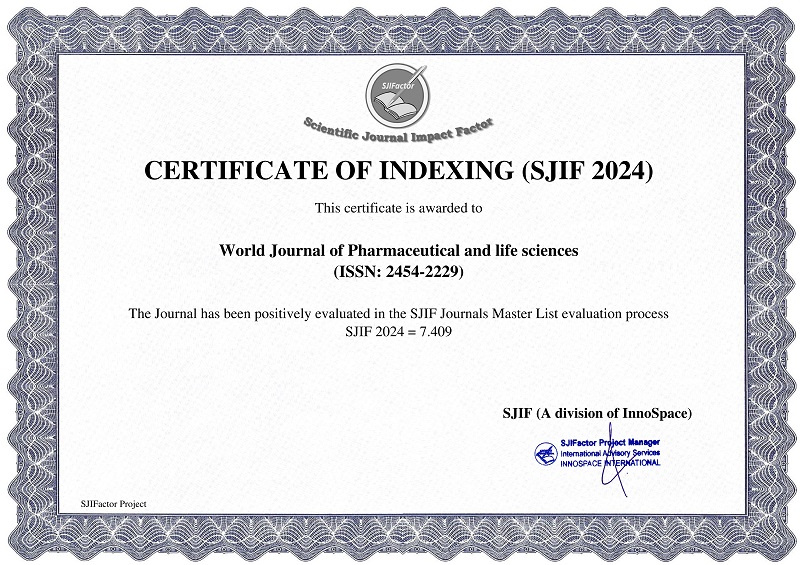Abstract
IN-VITRO EVALUATION OF CELL VIABILITY STUDIES OF THYROID CANCER USING SIMILAR MOLECULE SORAFENIB BETA-D-GLUCURONIDE
Dr. Syed Ahmed Hussain*, Nazneen, Faheem Unnisa, Arshiya Tarannum, Umaima Batool Osmani, Raheem Unnisa Shaik and Maimuna Fatima
ABSTRACT
Aim: This study aims to evaluate the potential of Sorafenib beta-D-Glucuronide, a molecular analog of Sorafenib,
as an alternative treatment for thyroid cancer, particularly in cases where the conventional drug Lenvatinib has
limited effectiveness. Objective: To compare the cytotoxic effects of Sorafenib beta-D-Glucuronide with
Lenvatinib using various cell viability assays, including MTT, CellTiter-Glo, Alamar Blue, SRB, and LDH
Cytotoxicity assays. Research: Thyroid cancer cells were treated with varying concentrations of Sorafenib beta-DGlucuronide
(1, 5, and 10 μM), and their viability was measured. The MTT, CellTiter-Glo, and Alamar Blue
assays showed a consistent reduction in cell viability with increasing concentrations, indicating a dose-dependent
cytotoxic effect. The SRB assay showed similar trends, though with slight variations, while the LDH Cytotoxicity
assay confirmed cell damage and death. Conclusion: Sorafenib beta-D-Glucuronide demonstrated significant
cytotoxic activity against thyroid cancer cells, comparable to Lenvatinib, and could be explored further as a
therapeutic alternative. Future studies should focus on its in vivo efficacy and safety to establish its clinical
potential.
WJPLS CITATION 
| All | Since 2020 | |
| Citation | 590 | 424 |
| h-index | 12 | 10 |
| i10-index | 17 | 14 |
INDEXING
NEWS & UPDATION
BEST ARTICLE AWARDS
World Journal of Pharmaceutical and life sciences is giving Best Article Award in every Issue for Best Article and Issue Certificate of Appreciation to the Authors to promote research activity of scholar.
Best Article of current issue
Download Article : Click here





